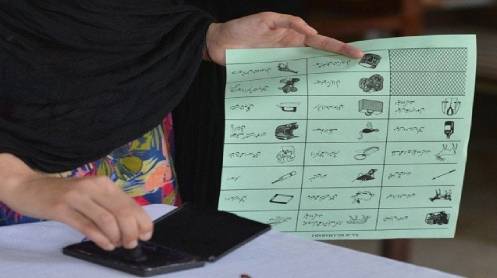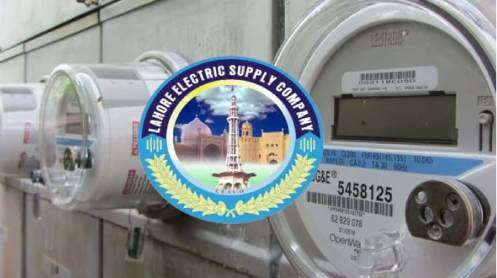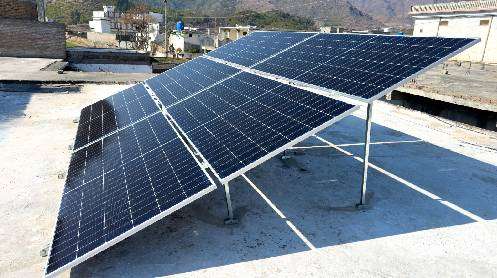In a contentious debate surrounding the environmental impact of recent general elections in Pakistan, activists advocating for environmental preservation have alleged that a staggering 49,600 trees were cut down to produce paper for ballots and related documents. However, experts have rebuffed these claims, citing the country’s reliance on paper imports and recycling practices for electoral materials.
Contrary to assertions of extensive tree felling, experts clarify that Pakistan primarily imports paper, as the nation lacks the infrastructure for large-scale paper production. Dr. Usman Ali, an environmental expert, underscores the necessity of cypress trees for high-quality paper, emphasizing Pakistan’s minimal forest coverage at less than 4% of its total area.
Dr. Ali further explains that while the Election Commission of Pakistan estimated a need for 2,170 tons of paper for the recent elections, the country’s paper consumption is largely met through recycling used paper and cardboard. Notably, this practice was also employed for the 2018 elections, mitigating the environmental impact associated with paper production.
Addressing concerns about carbon emissions and deforestation, Dr. Ali stresses the global significance of forest conservation, noting Pakistan’s role in contributing to carbon emissions. He emphasizes the need for Pakistan to align its environmental policies with Vision 2030 objectives, particularly in controlling carbon emissions.
It’s noteworthy that while some political factions proposed electronic voting machines (EVMs) as an alternative to traditional paper ballots in previous elections, the suggestion was dismissed, despite its potential to reduce paper usage and streamline the vote counting process.







